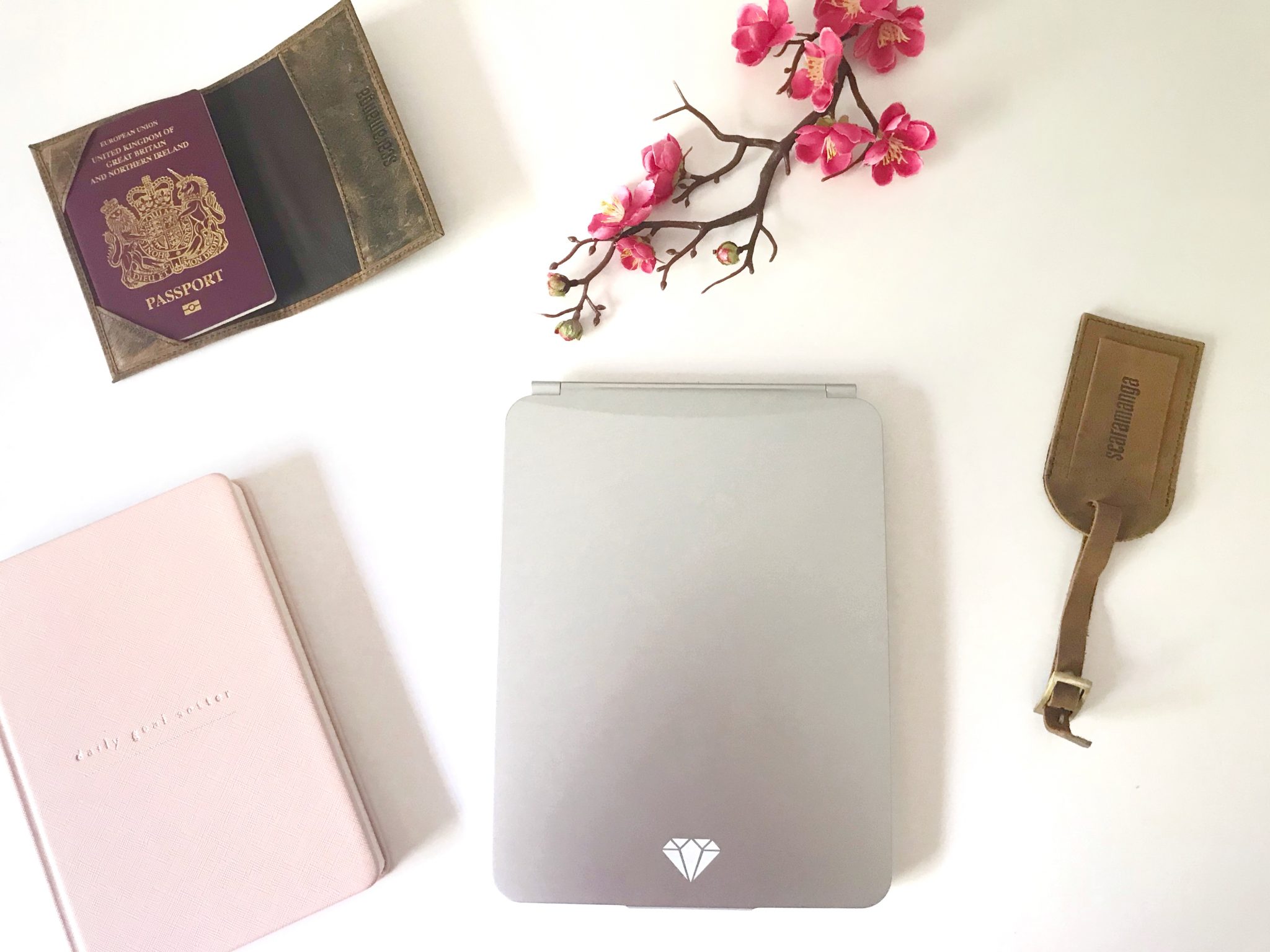
Holiday Money Matters: Budgeting and Accounting Tips for a Fun Getaway
Are you dreaming of a holiday but worried about breaking the bank? With proper planning and financial know-how, you can enjoy your dream getaway without stressing about overspending. Learn how smart budgeting and basic accounting tips can transform your vacation plans into a financial success story.
Introduction
Holidays bring relaxation and recharging but also become a costly affair if money management is not optimum. Whether it’s for the weekend or a month-long vacation, careful budgeting is necessary to control spending and excesses. With savvy accounting and professional advice, you can have fun without being guilty of overspending.
In this post, we’ll be looking into how you can set up a practical holiday budget, track your spending appropriately, and even save for next time. From tips on cutting unnecessary spending to strategies in the area of income maximisation, everything you need to make your next holiday worry-free financially is covered in this article.

How Do You Plan a Holiday Budget That Works?
Why Is Budgeting the First Step to a Stress-Free Holiday?
A budget is the bottom line to any financially safe holiday. Start by determining your total spending limit and break it into categories like travel, accommodation, food, and activities. This method will give you a clear perception of how much you can spend and avoid impulsive purchases.
Try the tools of budgeting applications or an easily prepared spreadsheet to track expenses. These are literally your accounting software, ensuring you do not overshoot limits while on the trip.
What Are the Best Ways to Save for Your Trip in Advance?
Saving for your dream getaway doesn’t have to be overwhelming. Start by setting aside a small amount from each paycheck and placing it in a dedicated holiday fund. For those running businesses, consider consulting a local accountant Manchester for tailored advice on managing personal and business finances to allocate more resources for your holiday savings.
Another smart tactic is reducing discretionary spending, such as dining out or subscription services, for the months before your trip. These small sacrifices can really add up and push your vacation fund into a lot of money.
How Do You Reduce Expenditure Without Reducing Fun?
Are There Alternative, Inexpensive Travel Options and Hotels?
You do not have to splurge on five-star hotels or first-class tickets to enjoy your trip. Vacation rentals, hostels, friends, or family members are also available for budget travel. For flights, consider off-peak season booking and look into buses or trains as a less expensive alternative.
For business owners, exploring corporate discounts through business advisory services can also help save on travel expenses. Many firms guide utilising such perks effectively.

What Are the Best Money-Saving Hacks for Food and Activities?
Eating out can easily become one of the biggest expenses during a holiday. Plan your meals in your accommodations or look for local eateries providing affordable yet authentic cuisine. Once done with your activities, research free or low-cost options like community events, nature hikes, or museum days.

How Do You Apply Accounting Techniques to Track Expenses?
Why Track Expenses Daily?
Keeping daily records of your holiday spending is very important to avoid shocking financial surprises. You must treat your holiday expenses like your business accounting ledger—you record every transaction so it’s quick and accurate.
You might use mobile applications or even a book to classify how you spent your money, for instance: what you ate, the transportation, and what entertained you. You will be able to modify your spending during the period if you’re going over budget by assessing that data.
Can You Make Travel Costs Form Part of Your Annual Budget?
Yes! If you go travelling often, include holiday spending as part of your annual budget. Small business owners should outsourcing accountant to know how they can claim some tax relief for business travel expenses. This way, holidays will always form part of your long-term financial objectives.
How Can You Increase Your Income to Fund Your Holiday?
Are There Passions That Generate Passive Income?
Being able to create passive income streams adds up to extra cash for that dream getaway. Options like renting out a spare room through a platform like Airbnb, investing in dividend-paying stocks, or starting a side hustle provide additional cash without requiring much time or effort.
Should You Create or Sell Something Related to One of Your Skills or Hobbies?
You can use your skills to increase earnings. For instance, freelance writers and photographers are always in demand, offering their expertise online. Teaching an online course is one of the ways people supplement their holiday funds. For those with business ventures, sourcing business advisory services could allow you to grab excellent profitable opportunities to raise some funds for personal travel.
What Post-Holiday Steps Should You Make to Regain Track?
How to Review Your Financial Plan After the Holiday?
After your short vacation, take your time to assess how you have kept to the budget. Study your spending records and know where you overspent or saved some amount. This habit brings about fine-tuning in planning for more holidays in the future and ensures you continue to improve on your accounting for cash.
Why Rebuild Savings Quickly?
If you dipped into your savings for the trip, prioritise rebuilding it promptly. Set up automatic transfers to your savings account or holiday fund to replenish what you spend. This proactive step prevents financial stress and keeps you prepared for unexpected expenses or future travel plans.
Conclusion
Planning a holiday does not necessarily have to be going through your wallet. Proper budgeting, smart spending, and knowing the accounting principles ensure a stress-free getaway with still-fully-intact finances. This article will move you through techniques for tracking expenses, finding cheaper ways to travel, and so on.
Remember, saving money is not the only way to consider financial success; it is about making the right decisions. By putting into action advice from a local accountant in Manchester, and further business advisory services when needed, you can get hold of your holiday finances and look forward to a future filled with memorable and budget-friendly trips.




